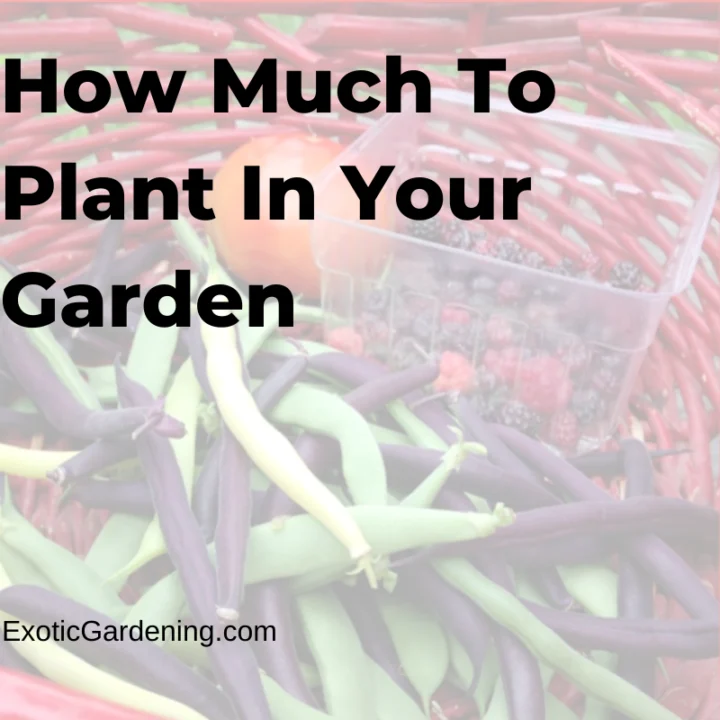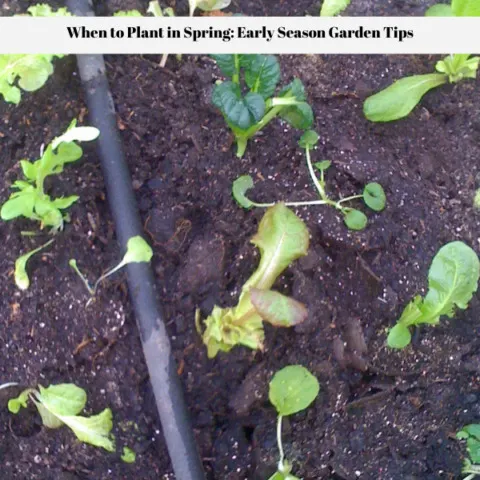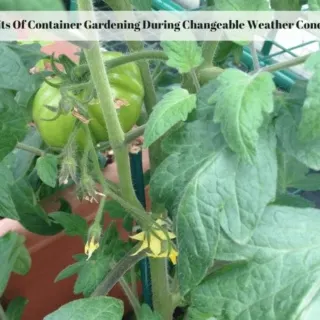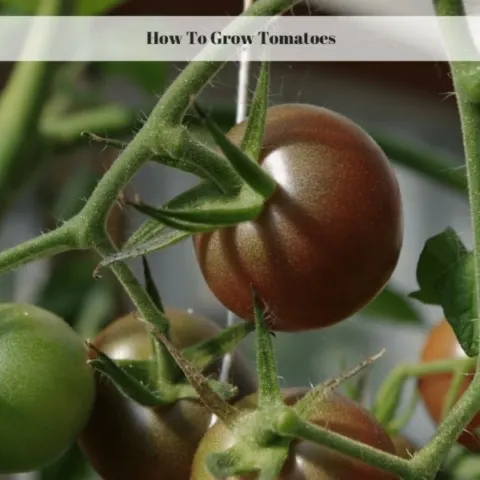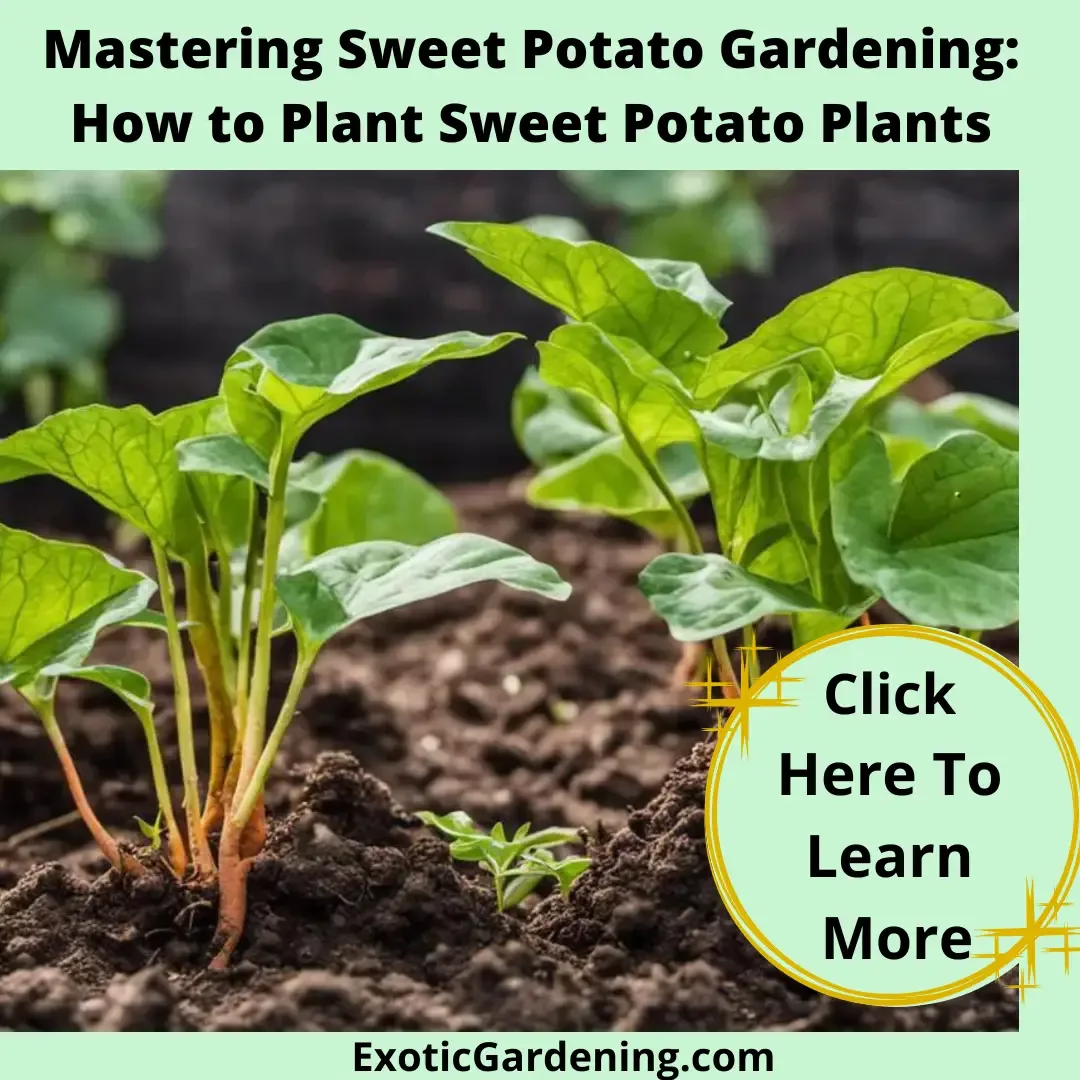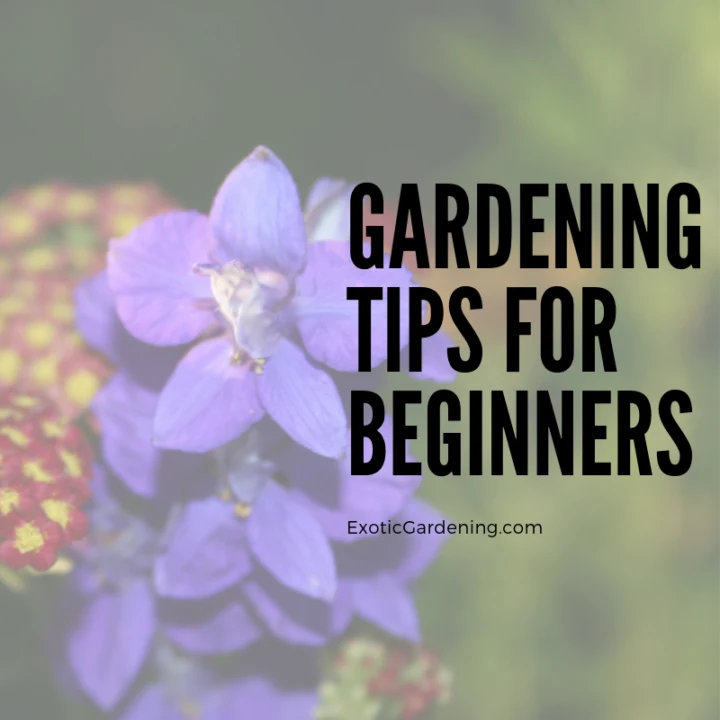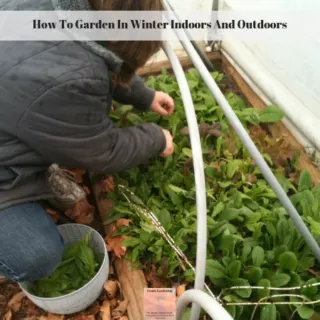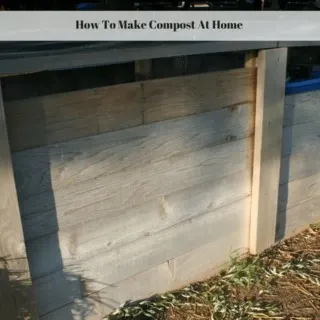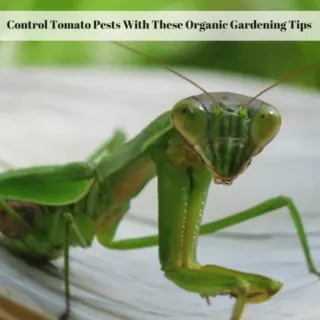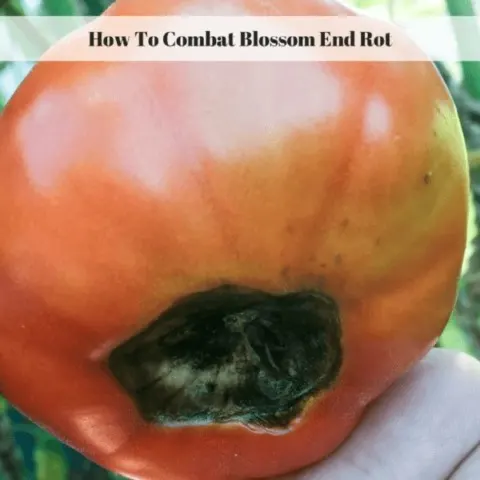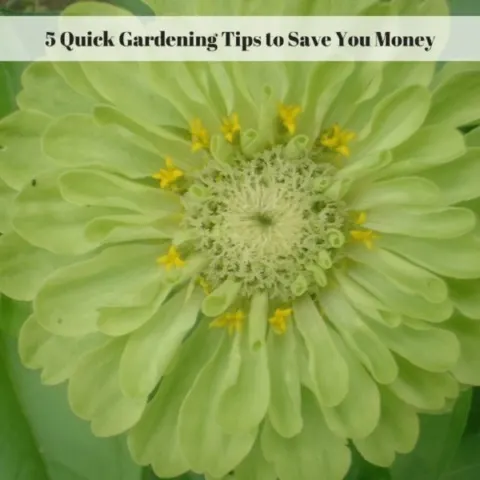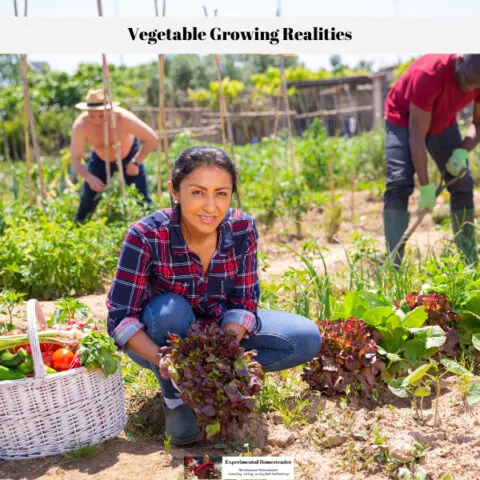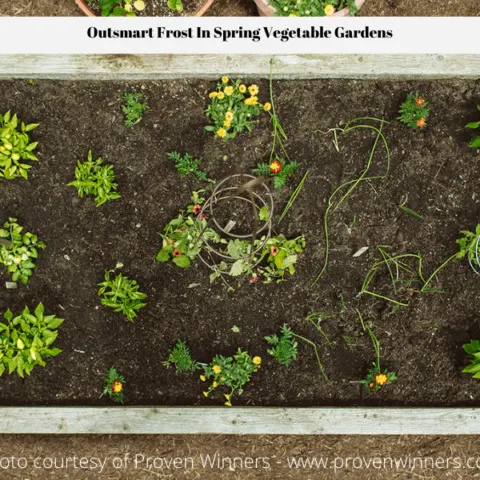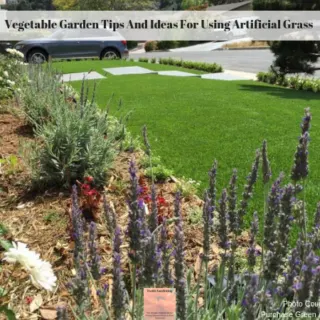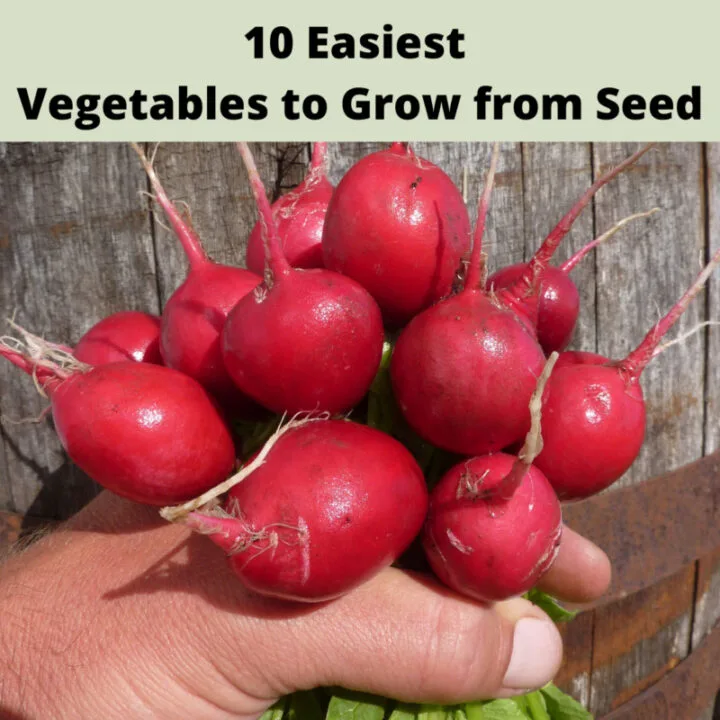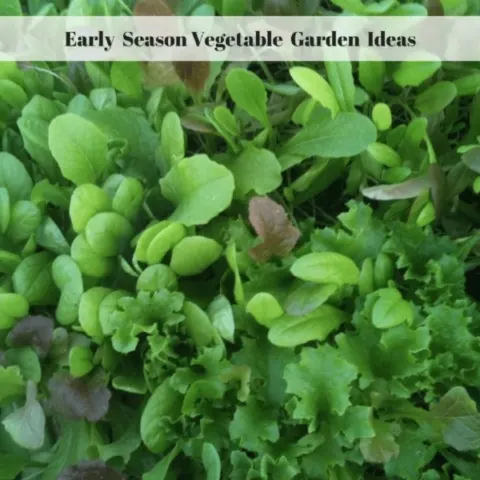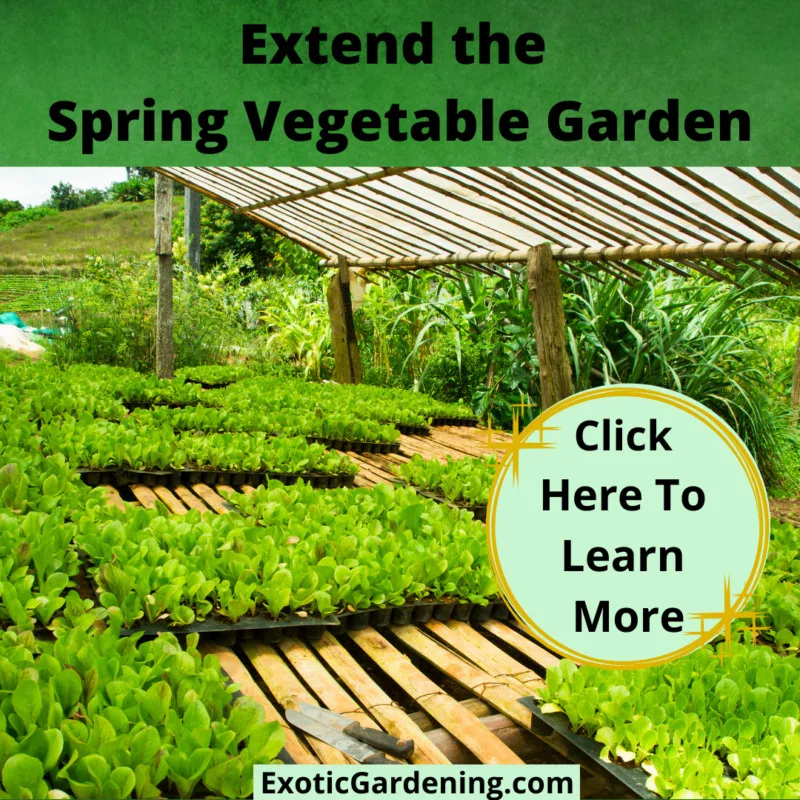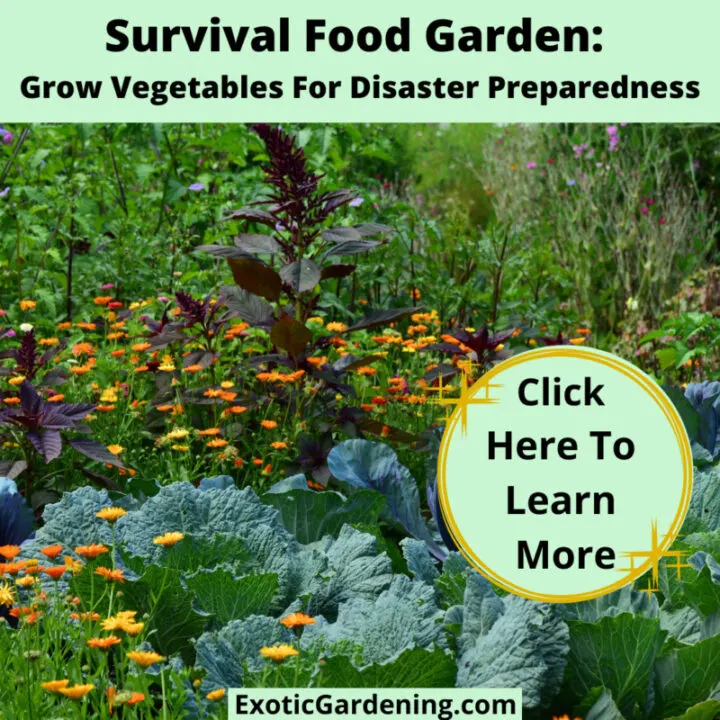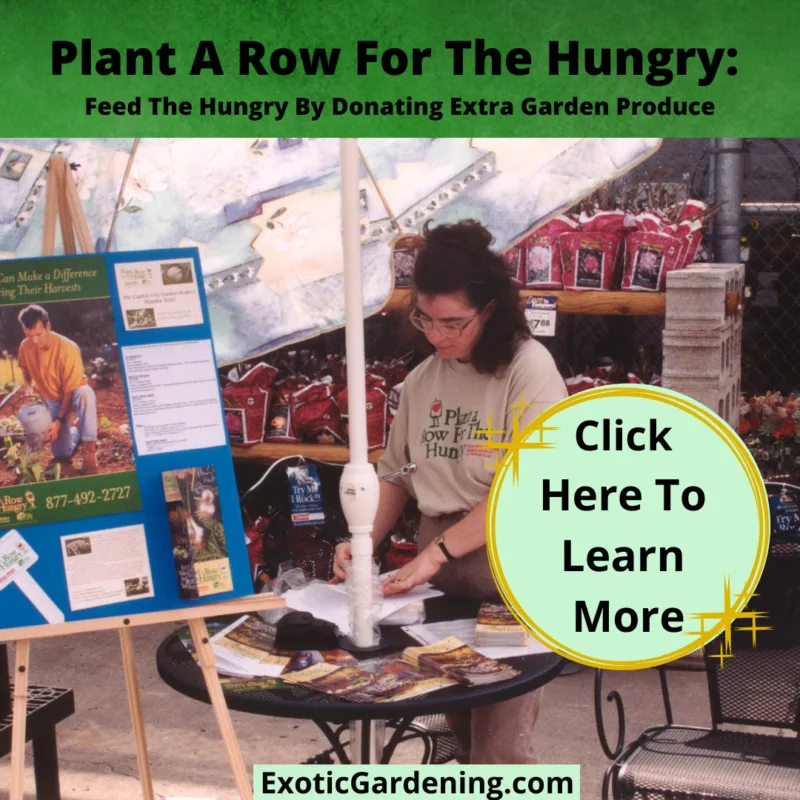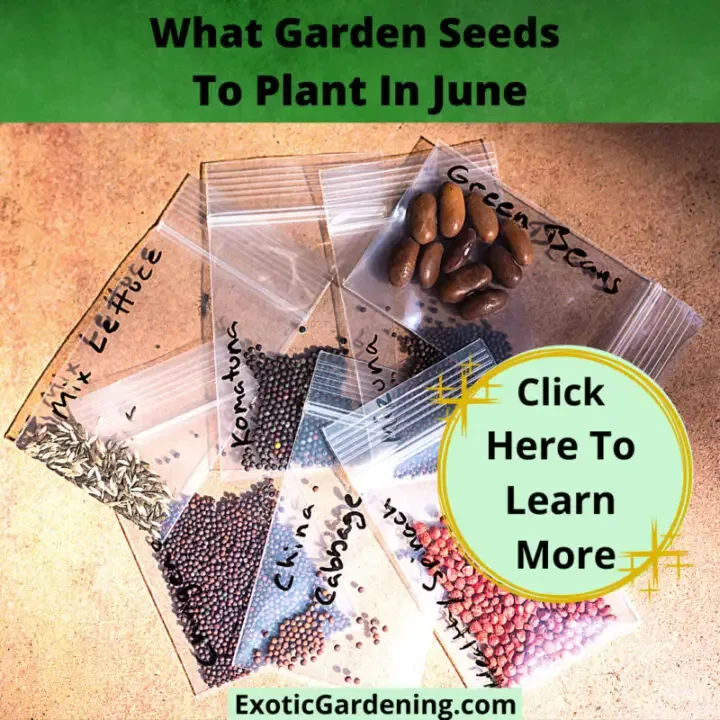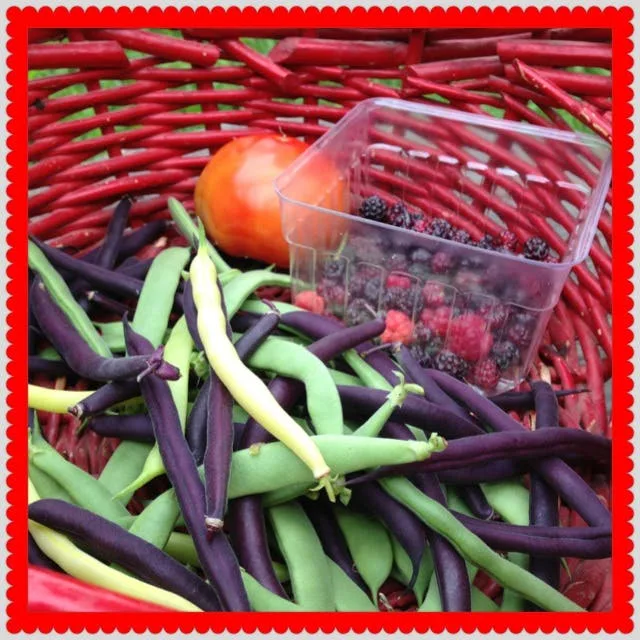Yes, you can learn how to grow peanuts even if you live in a cool climate!
Peanuts, famous for being grown in the south, can be a star of your garden even if you live in a cool climate.
For those in zone 8B to 11, there is a perennial variety.
Native to South America, the leguminous genus Arachis hyprogaea, the peanut or groundnut, which is one of the world’s most important crops, is a novelty item you can grow in your home vegetable garden.
What you may not know about the species of Arachis is that they are a mat-forming perennial rhizome hardy from zone 8B to 11.
They are also very productive under heavy grazing making them the perfect crop for well-grazed legume pastures in the tropics and subtropics.
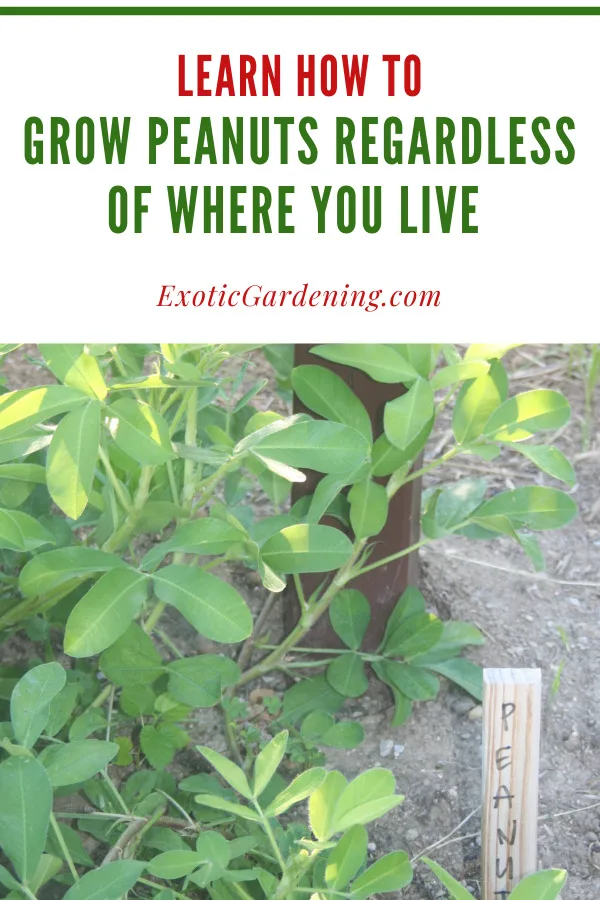
Peanut Propagation Techniques
Peanuts can be propagated by seed and that is the method I suggest if you are going to learn how to grow peanuts.
Peanut seeds are readily available through a variety of online sites.
A good choice for a seed starting soil would be moist peat and perlite.
Be sure to cover the pot with a clear plastic bag or other similar device to help keep the moisture in.
If you are using one of those ready made greenhouses, there is no need to use a clear plastic bag.
Place the seed starting pots in either indirect sunlight or under a grow light until germination begins.
Once the peanut seeds start to germinate, remove the baggie and allow the plant to grow to a fair size before potting it up into the preferred soil mixture or planting it out into your garden.
How To Grow Peanuts - Food Crop, Ornamental Crop Or Container Culture
Whether you choose to grow Arachis hypogaea for the purpose of producing your own crop of peanuts or Arachis glabrata for the ornamental or landscape potential, Arachis is an interesting crop that you should consider.
Even if you grow all your plants in containers you can grow this one.
Arachis will make an interesting conversation piece, after all how many plants bury their seed pods in the ground?
Arachis does.
This is how the peanuts are formed.
How To Grow Peanuts Under Optimal Growing Conditions
Arachis prefer full sunlight preferably from the west or south.
They are a good choice for a container grown plant as well as a good groundcover.
When you water, try to use warm water and keep the soil barely moist.
Arachis do not like acidic conditions although they will survive under these conditions, so do be aware of this fact.
Although the foliage will die back in the event of frost, the plant will come back as long as the rhizomes don’t freeze.
They generally grow several feet deep and thus are pretty well protected.
Soil Preferences Of Peanuts
A good general purpose potting soil that retains a little water but still has good drainage is the best choice for them.
Sandy soil amended with compost you make at home works as well.
Do not allow the soil to pack too tightly around them.
A good homemade soil would consist of one part garden soil, one part sand or perlite and one part peat or humus with a light dusting of horticultural lime.
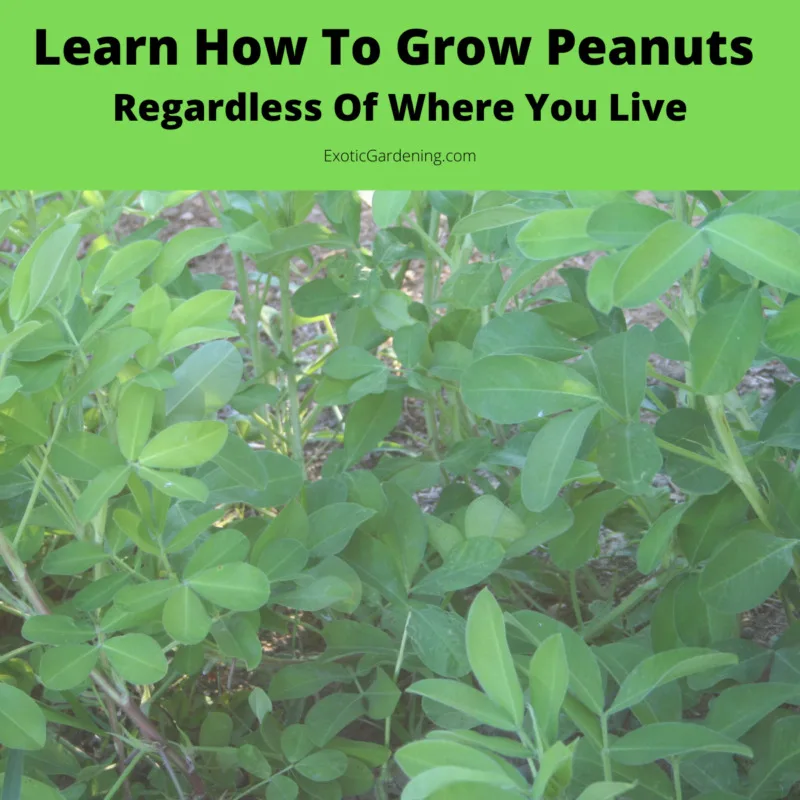
Keeping Your Peanut Plants Healthy
Peanuts are prone to whitefly so be sure to carefully inspect your plant before purchasing it and keep an eye on it once you have it.
Whitefly is easy to identify because you will see a puff of white coming off the plant when the leaves are brushed up against.
Many times a white wax will also be noticed on the leaves of the plant.
This is pretty clear evidence of whitefly infestation.
Although whitefly can be controlled it is best not to introduce a new plant into your home or yard that is already infested.
However, if a plant that you already have should get infested you can treat it with various chemical or organic methods by giving your plants a strong spray with a garden hose or using a horticultural oil.
Once these plants are established, they require little or no care and they are drought resistant.
Leaning how to grow peanuts really is very easy and it's fun too, so get the whole family involved!
Planting Your Garden
How Much To Plant In Your Garden
This article will help you figure out how much to plant in your garden depending on your family's size and whether you want to preserve the food or not.
When to Plant in Spring: Early Season Garden Tips
Know when to plant in spring by using these early garden season tips. These tips will allow you to get a head start on your vegetable garden.
Benefits Of Container Gardening During Changeable Weather Conditions
Changeable weather conditions certainly impacts gardeners who wish to grow their plants in the ground, but there is a solution. Learn about the benefits of container gardening and how it can help gardeners deal with climate change!
How To Grow Tomatoes
Learn how to grow tomatoes and how to plant tomatoes in a garden. Growing great tomatoes is easy if you follow a few simple steps.
Mastering Sweet Potato Gardening: How to Plant Sweet Potato Plants
Unlock the secrets of successful gardening with our guide on how to plant sweet potato plants for a bountiful harvest!
Gardening Tips For Beginners
These gardening tips for beginners will help you get your first garden started right. Tips on gardening planning, caring for bareroot plants and more.
How To Garden In Winter Indoors And Outdoors
Learn how to garden in winter indoors and outdoors. There are many vegetables and herbs that don't mind the cold or thrive in containers.
How To Make Compost At Home
Learn how to make compost at home using materials you already have on hand and are likely to throw into the trash and send to the local landfill.
Control Tomato Pests With These Organic Gardening Tips
These organic gardening tips for controlling pests on tomato plants help you identify, control and get rid of the problem without the use of organic pesticides in most cases.
How To Combat Blossom End Rot
Wondering what to do about tomatoes with brown spots on the bottom of them? Learn how to combat blossom end rot, a common problem many gardeners encounter.
Save Money! Harvest Free Vegetables Year-Round In Any Climate!
Garden tips for beginners - and advanced gardeners alike - that are sure to help save money. These gardening tips are about more than just plant care!
Vegetable Growing Realities: More Than Economic Benefits
When it comes to the facts of vegetable growing realities, there are more reasons than just the economic benefits for doing it.
Outsmart Frost in Spring Vegetable Gardens
Understanding how to outsmart frost in spring vegetable gardens leads to earlier harvests, less plant damage and a longer growing season.
Greenhouse And Coldframe Garden Structure Ideas
Learn about tunnel houses, greenhouses and cold frame garden structures as well as how they are used to grow plants outdoors year round.
Vegetable Garden Tips And Ideas For Using Artificial Grass
If you're looking for vegetable garden tips and ideas that incorporate the use of artificial grass, look no further! Weed prevention, pest control and environmental benefits. If you're looking for vegetable garden tips and ideas that incorporate the use of artificial grass, look no further! Weed prevention, pest control and environmental benefits.
10 Easiest Vegetables to Grow from Seed
Learn about the 10 easiest vegetables to grow from seed. Not only are there some unique heirloom varieties, but they are tasty too!
Extend the Spring Vegetable Garden
Learn how to extend the spring vegetable garden into summer, fall or even winter by using various shading and covering techniques.
Survival Food Garden: Grow Vegetables For Disaster Preparedness
A survival food garden is a great thing to have even if you don't believe the zombie apocalypse is coming.
Plant A Row For The Hungry: Feed The Hungry By Donating Extra Garden Produce
Plant A Row For The Hungry encourages gardeners to plant extra vegetables and donate them to their local food pantries to help those in need.
What Garden Seeds To Plant In June
There are a number of vegetable garden seeds to plant in June. Even if the soil is too wet to work, there are ways around that.
Eat Better, Save Money By Growing A Garden
Learn how you can eat better and save money by growing a garden right in your own backyard or even on your balcony!
Sheri Ann Richerson
Growing organically is important because the produce is healthier and contains more nutrients.
It is better for the environment, insects and birds, plus there is no concern about the potential issues with GMO’s.
It is also environmentally friendly and helps reduce your carbon footprint, not to mention saves money.
Plus there is the holistic perspective of growing an organic garden because from the soil to the food we eat, it is all interconnected.
In this course you will learn:
How to build healthy organic soil
When to plant seeds or established plants as well as when to direct sow
How to simplify garden maintenance
Natural methods of pest control

